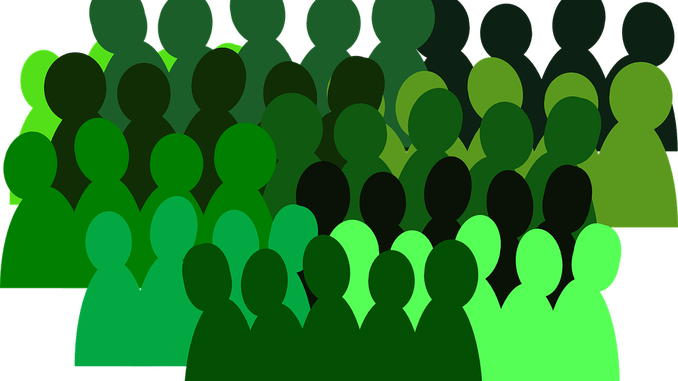Newsletter for January, 2020
From our Minister: Blessings for the New Year!
RESOLUTIONS FOR OUR BELOVED COMMUNITY
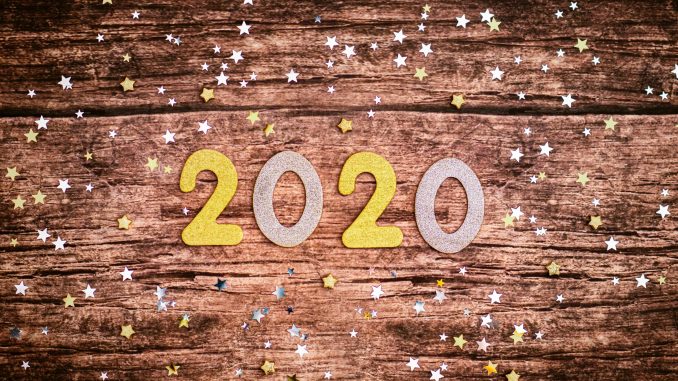
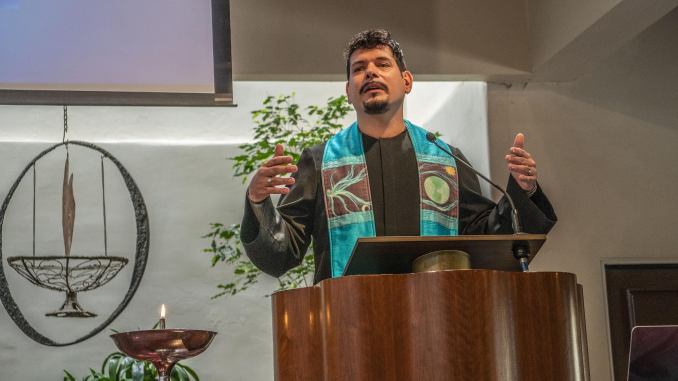 Rev. Jeremiah KalendaeWe once again find ourselves upon the threshold of another orbit around our home star. The holiday season brought with it many gifts and challenges and hopefully rekindled our spirits in the midst of the wintertime. As we lit the candles of the menorah and told ancient stories of resistance and liberation, so many of our Jewish siblings were being victimized and targeted. Let us hold the Jewish community in our hearts as begin this new year as stewards of peace and defenders of justice. Many of us are ready to turn the page on this chapter of human history and are dreaming of new ways to create community together both in our congregation and in the wider world. Many of the old structures of the social order which harmed and oppressed people are passing away and we are working to create ways to revitalize our communities and our threatened planet home. It is important that we shelter those most vulnerable in our liberal faith communities, speak out for humanity and our environment, and provide spiritual leadership in a world that is still navigating its way through so many societal challenges and advances.
Rev. Jeremiah KalendaeWe once again find ourselves upon the threshold of another orbit around our home star. The holiday season brought with it many gifts and challenges and hopefully rekindled our spirits in the midst of the wintertime. As we lit the candles of the menorah and told ancient stories of resistance and liberation, so many of our Jewish siblings were being victimized and targeted. Let us hold the Jewish community in our hearts as begin this new year as stewards of peace and defenders of justice. Many of us are ready to turn the page on this chapter of human history and are dreaming of new ways to create community together both in our congregation and in the wider world. Many of the old structures of the social order which harmed and oppressed people are passing away and we are working to create ways to revitalize our communities and our threatened planet home. It is important that we shelter those most vulnerable in our liberal faith communities, speak out for humanity and our environment, and provide spiritual leadership in a world that is still navigating its way through so many societal challenges and advances.Jeremiah
An Update on Developmental Ministry from the Board of Directors
WHAT WE'VE ACCOMPLISHED AND WHERE WE'RE GOING
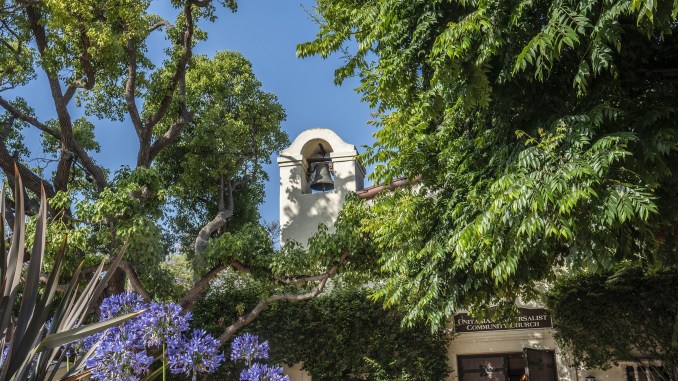
In fall of 2017, UUSM embarked on a journey of developmental ministry: the process of becoming a more “heart healthy” congregation during the period between settled ministers. This required the board of directors to put forth a set of developmental goals so our Unitarian Universalist Association could pair us with a minister with specific strengths to help us achieve our goals and attract a settled minister to help be stronger in bringing more love and justice into the world. After finishing a two-year stint with Rev. Greg Ward we’ve made much progress…and we have much more work to do.
Rev. Jeremiah Kalendae will help us undertake this work ourselves and support us in a ministerial way when it’s appropriate. A full list of the goals we set in Spring 2019 when we chose Rev. Jeremiah to work with us is at the bottom of this article. For now, let’s focus on all we’ve accomplished this first year of Rev. Jeremiah’s ministry with us and what we’ll be undertaking over the next six months.
Developmental Work
Sunday Worship for Transformational Change – We moved to one service to literally bring people together and create a common worship experience. We are evolving the liturgy (the flow of our Sunday worship) to be more interactive. Topics guided by our developmental goals thus far are geared to help break down polarized thinking, provide multi-religious exposure, and introduce anti-racist/anti-oppression concepts to the congregation.
Healthy Congregations – This term comes from the UUA. It’s relatively intuitive, but represents a congregation that is fully grounded in covenantal relations through Healthy Congregation Policies. Our own Healthy Congregations Team (formerly Right Relations) has carried a heavy load helping the congregation develop a Covenant of Right Relations over the first two years of developmental ministry. We’re so grateful for their service. They’re taking some downtime but are ready to be activated when needed.
Membership Development with the Faith Forward program – This vital program is helping provide 360-degree understanding of our UU faith and our Santa Monica congregation to members and visitors new and old. We’re also now offering weekly visitor meetups. We’re excited to be planning a new member celebration to be held very soon.
New Adult Religious Education Model – To live a UU religious life, we are called to embrace religious practice in a variety of ways. A new Adult RE model will collect and reflect back to the congregation all that we do in mind, body, heart, and spirit. Stand by for more!
New Comprehensive Pastoral Care Model – Eventually every congregation member will have a Pastoral Care Associate and Care Ring Associate to provide support and connection to the congregation. This will require a significant amount of training and program development so the first step is to have an executive Pastoral Care Team — minister, Care Ring lead, and Pastoral Care lead — supported by a per diem chaplain who can both provide direct pastoral care and training for a large pastoral care team.
Developing Children’s Religious Education – We are training staff and volunteers to strengthen Children and Youth RE.
Continue Grounding the Congregation in Covenantal Relations with Ministries and Programs Self-Assessment – Rev Jeremiah introduced the Eight Elements of Effective Ministry to the congregation in November. We will be engaging in self-assessment and reflection across the congregation in coming months and then doing it again periodically in years to come.
Congregational Stewardship Video to begin the Mission and Vision Process – More to come on this as we head into pledge drive season in February and March.
Creating a Culture of Sustainability/Regenerativity, Anti-Racism/Anti-Oppression, and Multi-Religious Inclusion – This is being woven into worship and leadership development across the congregation.
Creating a Culture of Abundance – We are working to celebrate and support staff and volunteer leaders in more meaningful ways, as well as looking to find new revenue streams to support our congregation. (More on a new fall fundraiser soon!)
Reducing Reliance on Reserves – After our Spring Pledge Drive we will project income out five years to have a better sense of how quickly we can support ourselves without reliance on reserves.
Increase our Support of the UUA Annual Program Fund – Our UUA helps UUSM connect to our larger UU faith. We are better able to amplify our voice by being a part of the larger movement and need to increase our support year-by-year.
Restructuring Board Roles and Responsibilities – We are working to make board service to the community more sustainable so that volunteers are nourished by service rather than burned out by it.
That’s a LOT of work and it will continue into the coming church year. But we believe in this community’s power to nurture transformation for all who come through our doors so that we can alleviate suffering in this world one weary heart at a time.
Peace,
Jacki
By the way, here are the goals as of Spring 2019 when we selected Rev. Jeremiah to work with us.
1) Continue Grounding the Congregation in Covenantal Relations
a. Assist leaders in creating the emotional space where people speak up and feel invited, connected, supported and involved.
b. Develop the strength and skills to address ineffective communication and maladaptive behaviors among congregants, staff and leadership.
c. Deepen the entry into our UU pluralistic heritage, continuing to overcome polarizing ideologies that had gone unchecked in the past.
d. Learn better ways to express hurts and discontent without blame, shame or triangulation and without threats or statements of withdrawal and stone-walling.
2) Mission and Vision Development
a. Re-examine and re-develop our congregational mission and vision and create congregational alignment around to-be-established strategic goals.
b. Explore ways to move beyond “I-church” and begin to understand how a shared ministry is possible.
3) Examining and Redeveloping Systems and Structures
a. Work to complete establishment of charters for committees to clarify decision making authority, reporting, communication and begin clarifying governance structure.
b. Develop a clear path from visitor to leader that conveys rights, responsibilities and meaning of membership.
c. Teach leadership in all aspects of volunteerism including how to think systemically and work interdependently.
d. Address the over-functioning of the staff and key lay leadership by spreading volunteer responsibilities more evenly throughout membership.
e. Re-write policies (especially bylaws) to move beyond a hierarchical cultural distrust of authority and into a transparent, simple, clear and directive for staff, board, committees and lay leaders to work interdependently and cooperatively together.
4) Financial Unity, Vitality and Commitment
a. Ground financial planning and commitment in mission and vision.
b. Continue to raise financial awareness, reduce shame about money and more evenly support the shared ownership of the congregation’s mission.
c. Continue to clean up restricted funds and eliminate directed donations into the operational budget.
d. Develop a planned giving program to cultivate bequests and contributions to the endowment.
e. Continue on the path to end deficit spending by 2022. Become a Fair Share congregation paying full dues by 2022.
5) Deepen Relationships to Self, Others in the Congregation, and with the Larger Community
a. Develop Adult Faith Formation (and RE for people of all ages) to cultivate curiosity and cultural competency.
b. Explore the range of UU identities, cultivating appreciation for perspectives that are uUnfamiliar.
c. Practice empathy, humility and compassionate communication as a path to honesty, inclusivity and ways to move through conflict constructively.
d. Deepen and encourage broader ownership of a shared pastoral care program.
Christmas Eve 2019 at UUSM
ANNUAL PAGEANT AND CANDLELIGHT SERVICES
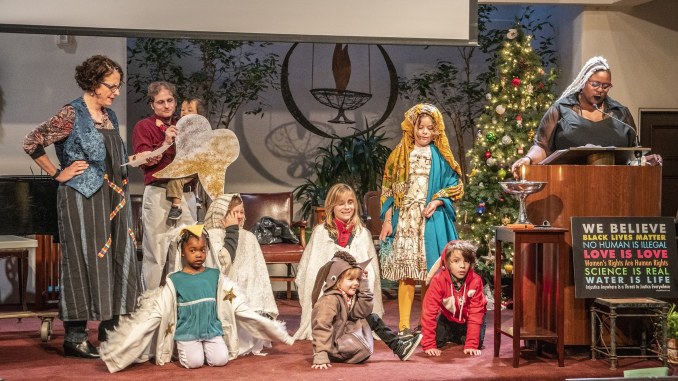
For a full photo album from this year's Christmas Eve pageant and services, by Carol Ring and Roy Patience, see http://news.uusm.org/christmas-eve-2019-at-uusm/
Dispatch from the Board of Directors Retreat
DEVELOPING RELATIONSHIPS AND GRATITUDE

Jacki
January UUSM Generous Congregation Supports the Trans Lifeline
TEXT NOW TO SUPPORT TRANS PEOPLE IN CRISIS

Showcase Sunday: January 12, 2020
EXPLORE CHURCH ACTIVITIES ON SHOWCASE SUNDAY
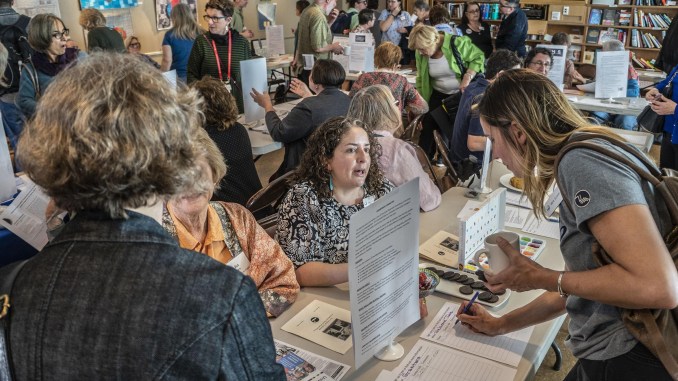
“How to Be An Anti-Racist” Book Study and Discussion
STARTING SUNDAY, JANUARY 19, 2020
 To Commemorate MLK Day 2020, the Peace & Social Justice Committee offers a study and discussion of the timely and important new book from Dr. Ibram X. Kendi, who previously became the youngest winner of the National Book Award for his previous work, “Stamped From the Beginning.” Print or digital copies of the book may be acquired from your local library, and can be purchased online or from the Faith In Action table in Forbes.
To Commemorate MLK Day 2020, the Peace & Social Justice Committee offers a study and discussion of the timely and important new book from Dr. Ibram X. Kendi, who previously became the youngest winner of the National Book Award for his previous work, “Stamped From the Beginning.” Print or digital copies of the book may be acquired from your local library, and can be purchased online or from the Faith In Action table in Forbes.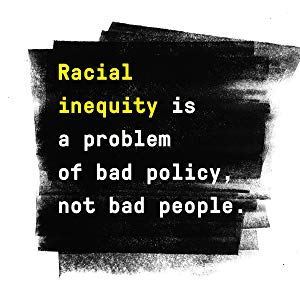

Racial Justice Dialogue Circle to be held at UUSM on MLK Jr. Holiday
FORBES HALL, MONDAY, JANUARY 20, 2020 AT 11:30 AM

Board Highlights December 2019: Survey Says Single-Service Sundays Will Continue
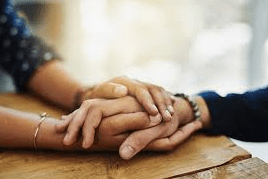 The UUSM Board of Directors met on December 10, centered on a mission of fostering a culture of caring.
The UUSM Board of Directors met on December 10, centered on a mission of fostering a culture of caring.Personal and Spiritual Exploration for Adults, January 2020
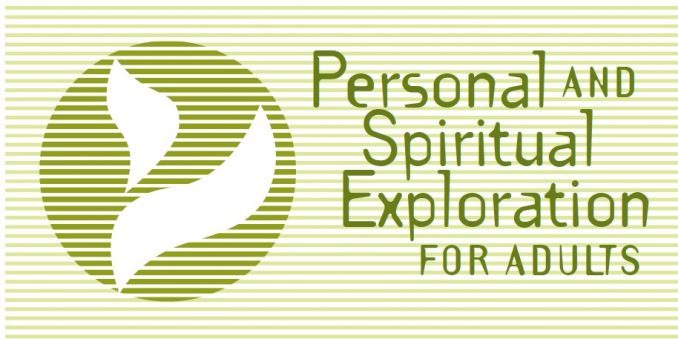
Special Offerings for January
Community Building Through Personal Development:
Exploration of Ideas:
Interest Groups:
Meditations:
Highlights of additional interest groups meeting in January
- Knitters and Friends NOTE: on hiatus until further notice. If interested, contact: Linda Van Ligten.
- Body-Mind Tune Up for Seniors This group is for seniors, superseniors, and people with physical difficulties. Each Saturday from 12:30-1:30 pm in the Warren Mathews Conference Room. Contact: Bruno Lacombe. Note: Free for church members, $10 suggested donation for nonmembers.
Brave Spaces: Mindful Social Practice and Authentic Allyship
SAVE THE DATE - SUNDAY, FEBRUARY 2, 2020
